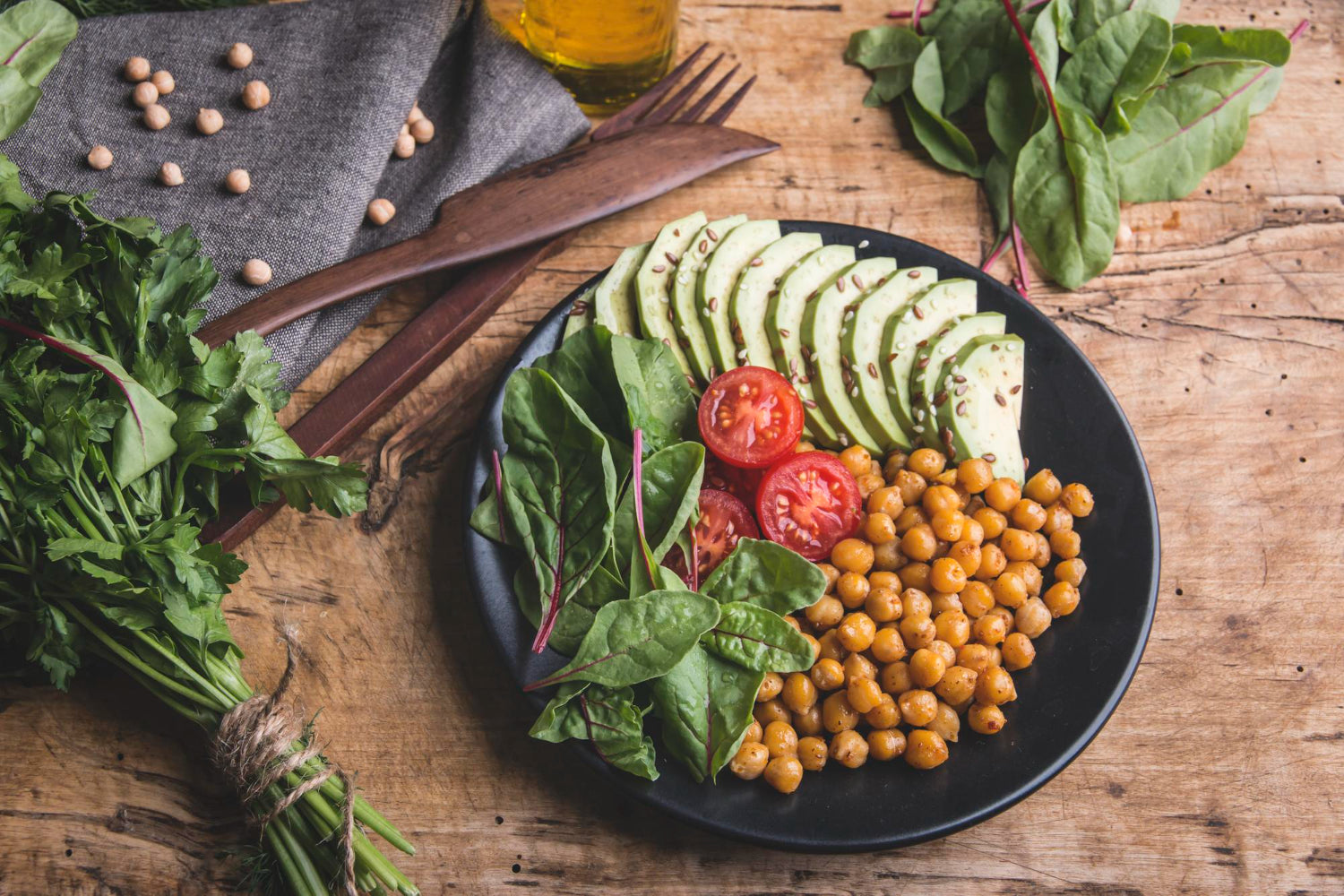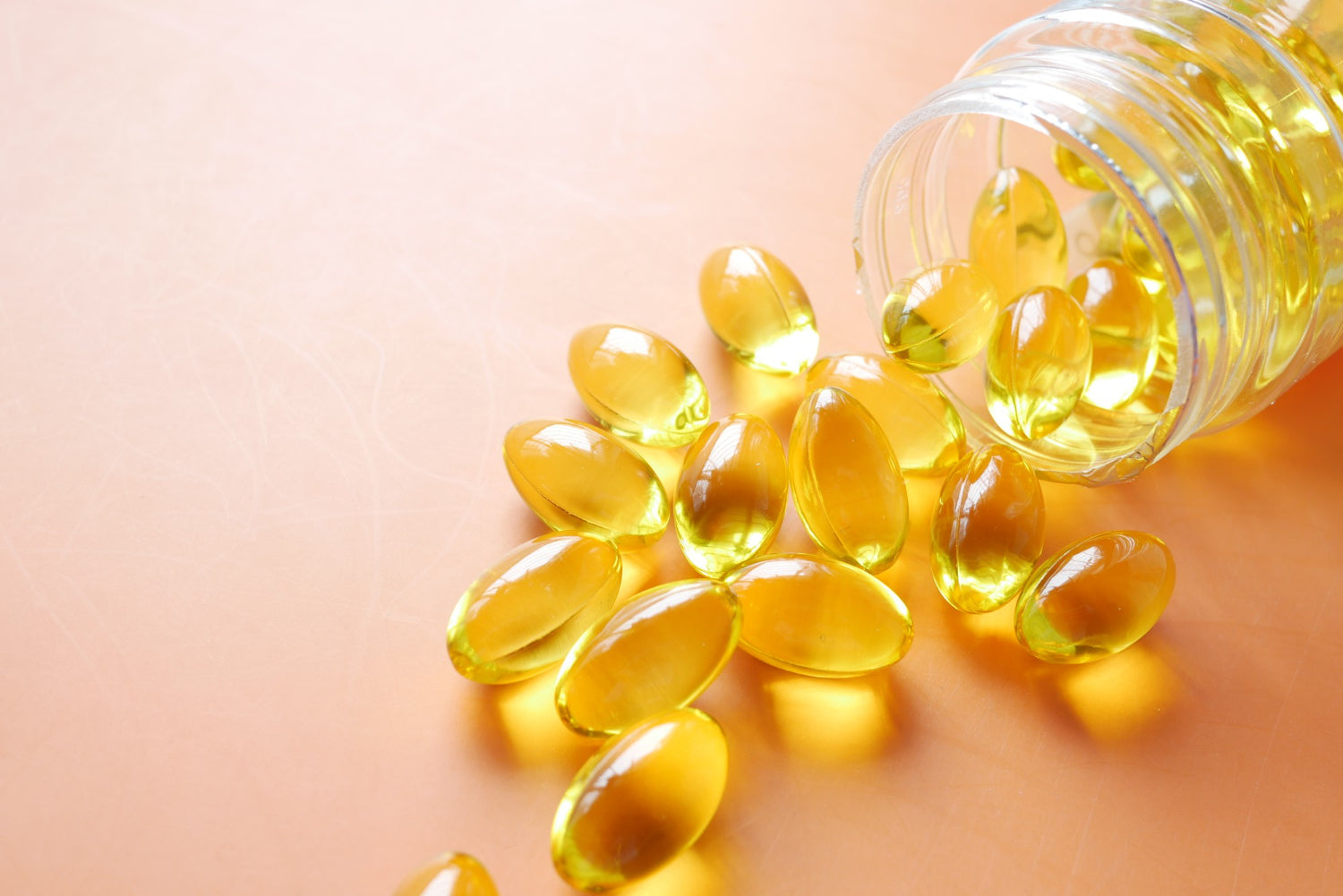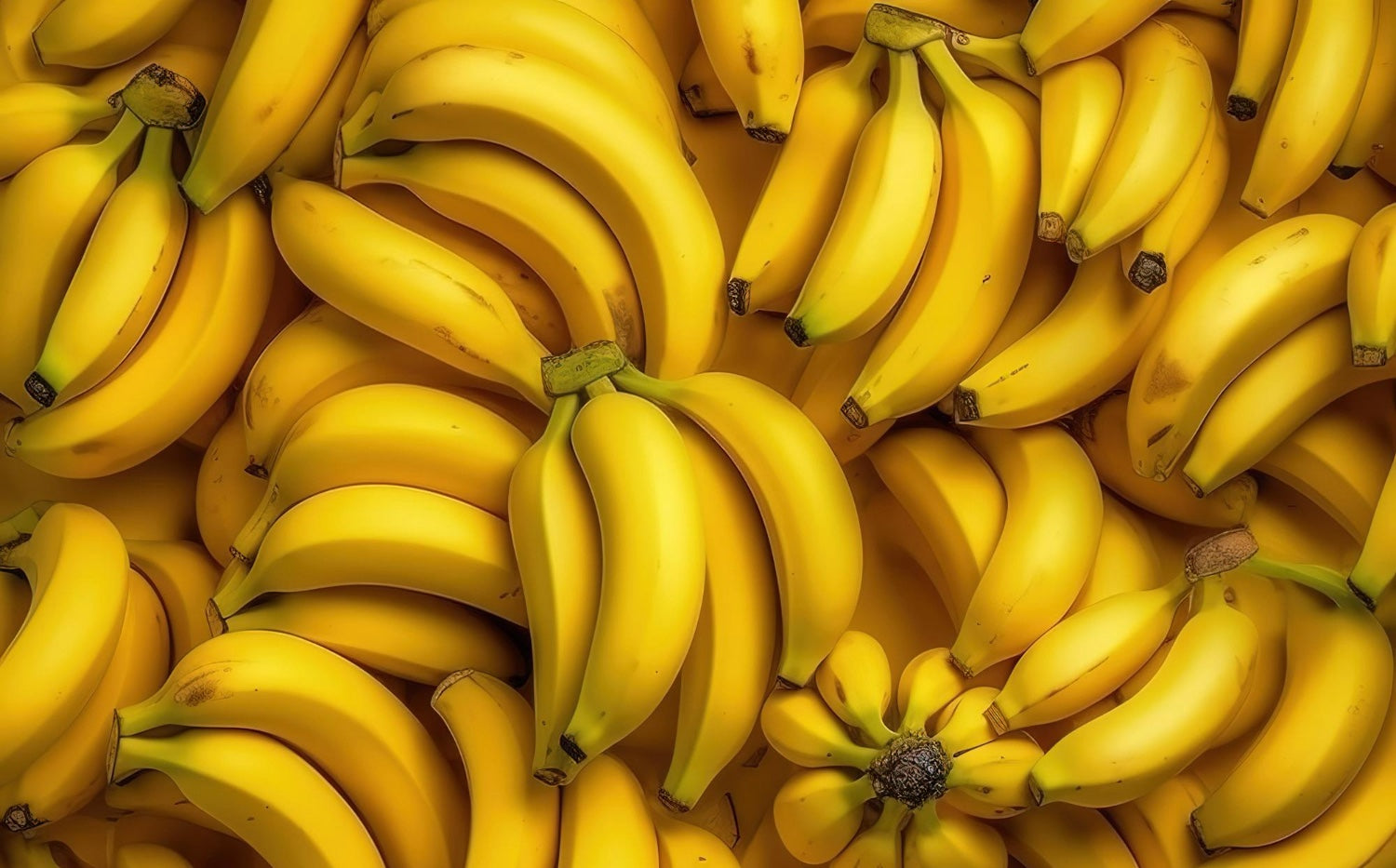Are you getting enough protein? Unless you’re diligently tracking this macro, you may not give it a second thought until you start feeling some warning signs of protein insufficiency.
This building block of life, sculptor of toned physiques, and champion of energy gets a lot of hype — and it’s totally justified. Protein plays a starring role in every cell, tissue, and function in your body. That’s why not getting enough affects so much of your well-being, from your appetite and appearance to your ability to hold a decent plank.
So let’s explore the health benefits of protein, what happens when your daily protein intake falls short, and how to fuel your body right.
What is Protein, Anyway?
Like fat and carbohydrates, protein is one of the three macronutrients — a foundational dietary staple your body needs and uses in large amounts.
All protein consists of amino acids.[*] There are 22 amino acids, nine of which are “essential” because we must get them from our diet.[*] The other 13 are considered “non-essential” because our bodies can make them.[*]
Your body uses protein to:[*]
- Provide structure and support for cells
- Build and repair body tissues
- Make enzymes, hormones, and neurotransmitters
- Build muscles and maintain lean body mass
- Produce antibodies to protect your body from pathogens
- Help with blood clotting
- Transmit signals to coordinate processes between cells, tissues, and organs
Protein has a lot on its to-do list. That’s why snagging dietary protein is critical for maintaining optimal health, growth, development, and function throughout life.[*] Fail to do so, and you may slip into:
The Danger Zone: Protein Deficiency vs. Protein Insufficiency
Low protein intakes can lead to:
Protein deficiency: a serious medical condition marked by severe protein malnutrition (kwashiorkor).[*] Often seen in children in developing countries with food scarcity, the symptoms of protein deficiency include stunted growth, muscle wasting, and low immunity. It’s rare in developed nations.
Protein insufficiency occurs when you don’t reach your recommended daily allowance (RDA) of protein. This lack isn’t enough to cause deficiency, but it still hinders your body’s optimal performance and creates a cascade of unpleasant symptoms.
So, What Causes Protein Insufficiency?
Americans generally avoid severe protein deficiency. However, protein insufficiency is much more common, due to:
- Plant-based diets. While plant-based diets can be rich in protein, vegans and vegetarians must be extra mindful of eating complete protein sources (more on this later).
- Active lifestyles. The more active you are, the more protein you need to support muscle growth and repair. People tend to forget to increase their daily amount of protein based on their activity level.
- Certain medical conditions. Crohn’s disease, inflammatory bowel disease, kidney disease, liver disease, cancer, and other health problems can affect protein absorption and may require supplementation to ensure optimal levels.
- Nearing or celebrating your golden years. Our bodies become less efficient at absorbing and utilizing protein as we age, so older adults need more protein to preserve muscle mass than younger people.[*]
Experience these risk factors, and you’ll probably also notice a few signs that you’re not meeting your goal.
7 Warning Signs of Protein Insufficiency
Protein insufficiency doesn’t scream at you like the headaches and muscle cramps that signal electrolyte imbalances. It’s more of a whisper of subtle clues like:
1. Constant Fatigue
Your body uses protein to make and sustain your energy throughout the day. So if you’re feeling drained after a good night’s sleep more often than not, low protein levels could be to blame.
2. Weakened Immune System
Catching every cold that floats your way? Your body relies on protein for immunity, producing antibodies that fight harmful pathogens. So a lack of protein in your diet can make you more susceptible to frequent infections, viruses, and colds.[*]
3. Skin, Hair, and Nail Problems
Several proteins make up your hair, skin, and nails. That’s why some of the first signs of low dietary protein include dry skin, weak, brittle nails, and dull, thinning hair.
In one study, people who ate less than half their recommended intake of protein struggled with hair loss, acne, pigmentation, vitiligo, hirsutism, melasma, and premature aging.[*]
4. Poor Mental Health
Did you know that low protein levels correlate with an increased risk of anxiety, depression, low moods, and poor mental health?[*][*]
Many neurotransmitters (chemical messengers in the brain) are made from amino acids. For example, the amino acid tryptophan is a precursor to serotonin, and tyrosine helps produce dopamine.[*][*] So giving protein the cold shoulder means you may be compromising the production of these “happy” chemicals that boost moods.
5. Swelling
A consistently low-protein diet may lead to edema (swelling) in your feet, hands, ankles, legs, and abdomen. Scientists say this results from low levels of the protein albumin in the blood, which causes fluid retention.[*]
6. Muscle Loss and Weakness
Protein helps you build and maintain muscle mass — but only after your metabolic needs are met. So if you’re not eating enough protein, your body will start grabbing protein from your muscles to fuel tissue repair, enzyme production, etc., instead.[*]
This robbery causes your muscles and lean body mass to shrink, making everyday tasks feel like a slog. Worse? It also increases your risk of injuries, falls, and accidents.[*]
7. Slow Metabolism, Food Cravings, and Weight Gain
Skimp on protein, and you’ll:
- Experience constant cravings. Loading up on quick-burning carbs? Their rapid digestion spikes blood sugar levels, followed by an equally fast drop. This crash triggers neverending sugar cravings. But in one study, people who ate a high-protein meal (35 grams of protein) experienced fewer post-meal cravings.[*]
- Always feel hungry. Protein stabilizes and slows digestion, so you feel fuller longer. It also stimulates the production of hormones that tell your brain you’re satiated after a meal or snack and decreases ghrelin levels (the “hunger” hormone).[*][*] Without those signals, you may wind up overeating.
- Slow your metabolism. Muscle burns more calories at rest than fat.[*] But low protein intakes whittle away muscle mass. A decrease in lean body mass reduces how many calories you burn, which translates to a slower metabolism.[*] This may also cause you to gain fat mass (yikes!).[*]
All those reasons explain why dietary protein is good for weight loss and the key to preventing, managing, or reversing type 2 diabetes.[*]
So, How Much Protein Do You Need?
Daily protein intake requirements vary based on age, weight, health status, and other factors. The minimum amount required to prevent lean body mass loss is 0.8 grams per kilogram of body weight.[*] That’s about 0.36 grams per pound of body weight.
However, your protein needs also increase according to your activity levels. So if you’re not sedentary, you should aim for a daily intake between 1.0 and 2.0 grams of protein per kg/body weight (or 0.45–0.91 grams per pound), depending on your day’s physical intensity.[*]
You can always ask a registered dietitian or healthcare provider for help here.
How To Prevent Protein Insufficiency: Your 3-Step Game Plan
Here’s how to give your body the protein it craves:
1. Plan Your Meals & Start Tracking Your Daily Protein Intake
Prioritizing high-protein foods and snacks ensures you meet your daily needs. Include options for when you have time to cook at home and when you’re on the go (protein bars are ideal here!).
Use food-tracking apps like Chronometer, MyFitnessPal, Fitbit, etc., to track your daily protein intake and avoid falling behind.
2. Learn the Difference Between Complete vs. Incomplete Proteins
Most animal proteins have all nine essential amino acids, making them complete proteins. Plant-based options like quinoa, buckwheat, amaranth, hemp, and chia seeds are also complete.
But many other plant-based proteins are incomplete, which means they lack one or more essential amino acids.[*]
Good news? You can strategically combine incomplete plant proteins (like almonds and peas) to overcome this issue. Peas are rich in the amino acid lysine but low in methionine, while almonds offer lots of methionine but little lysine. That’s why IQBARs contain both almonds and pea protein.
👉 Check out this Complete Plant Protein vs. Animal Protein guide for more intel!
3. Eat a Balanced Diet of Both Animal and Plant-Based Protein
Stuck in a protein rut? You don’t have to be a vegan or vegetarian to nosh more plant-based, protein-rich foods. Research shows replacing just 3% of your total protein intake with plant protein may decrease your risk of death by 10%.[*]
The best plant-based sources of protein include legumes, lentils, hemp and chia seeds, pea protein powder, vegan protein bars, and more plant-based snacks.
Don’t Protein-Crastinate
Protein insufficiency might not be a headline-grabbing health crisis, but it’s definitely worth preventing. By understanding the risks and upgrading your healthy eating, you can ensure your body gets the protein it needs to thrive. A protein-powered diet makes a well-fueled life!
💪 High-five your protein goals with the IQBAR 7-Bar Sampler! It’s a risk-free way to try every clean, vegan, keto-friendly protein bar we offer (and know you’ll love)!
Written by Lauren Ciccarelli, a writer and research geek passionate about low-carb nutrition, mental health, and meditation. Her 2,500+ articles empower doers with science-backed tips for leveled-up living.




